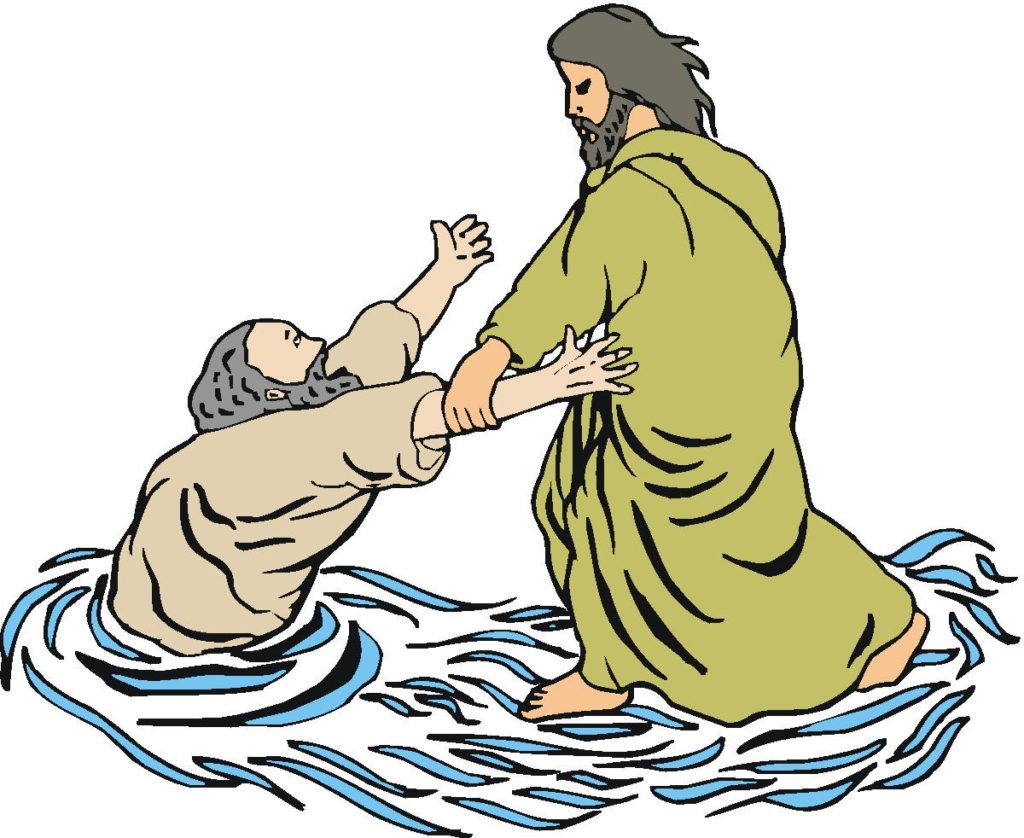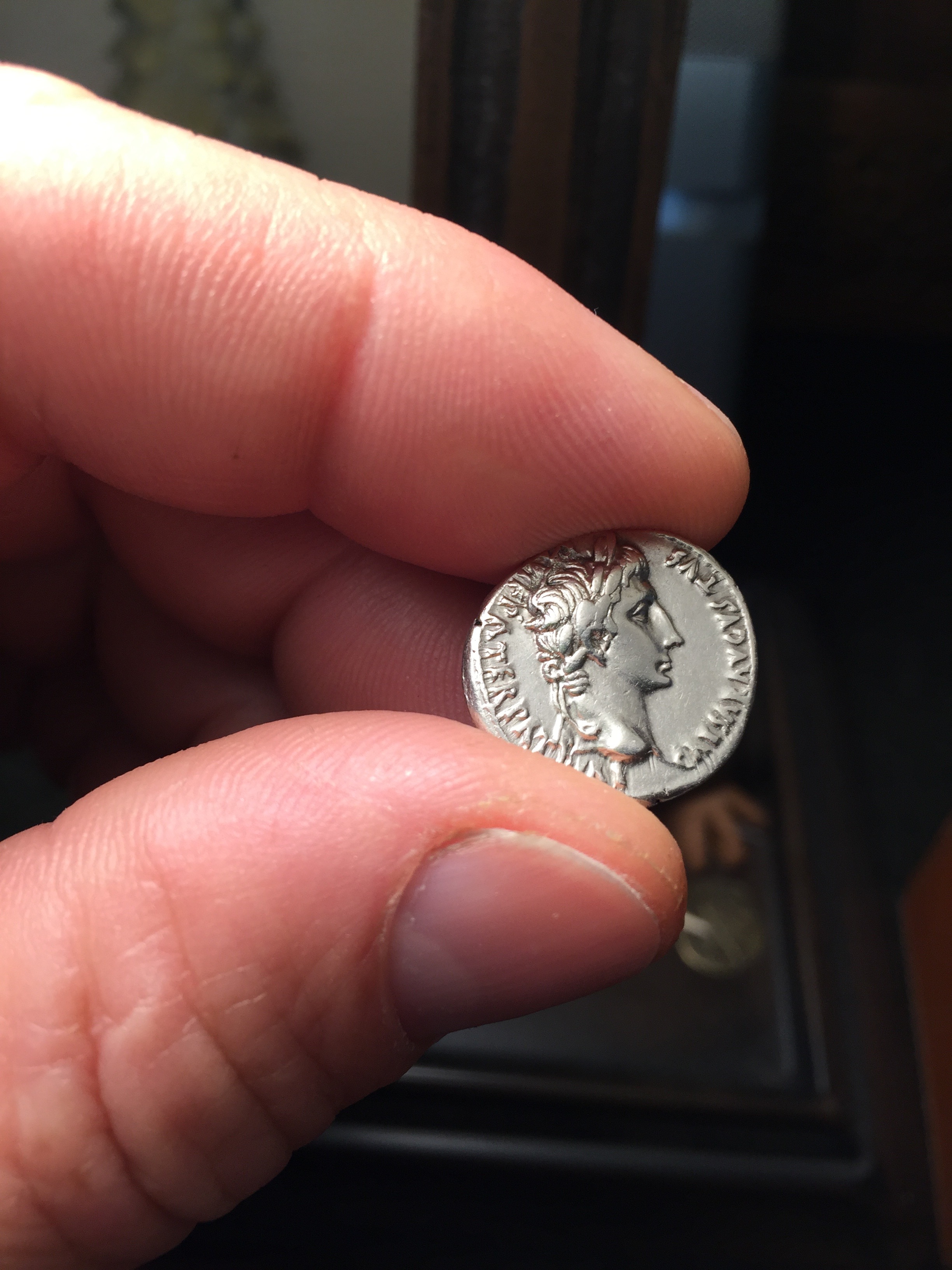
Exodus 6:1–9, YHVH redeems Israel.
The stage is set for Israel’s redemption in Exodus 5:22–23. Yet Moses’ first venture to Pharaoh was a disaster. The plight of the children of Israel had deteriorated instead of improved. Discouraged, Moses almost takes on an accusative tone toward YHVH (Exod 5:22–23). Graciously, YHVH doesn’t rebuke Moses, but as a loving Father encourages him to refocus on his word and the veracity and surety of his promises (Exod 6:2–5).
YHVH encouraged Moses upward and onward despite his discouraging first attempt at gaining the release of the children of Israel. Is it possible that YHVH allowed immediate success to elude Moses at his first encounter with Pharaoh to bring Moses “to the end of himself” with regard to any tendency he might have had to rely primarily on himself and on his own wisdom to accomplish Elohim’s plans? After all, Moses, as either Pharaoh’s adopted grandson or his nephew (depending on whether this was the Pharaoh of Moses’ childhood or his son), had an “in” with the monarch that could have been exploited for the benefit of securing the release of Israel. As YHVH wanted Moses to rely on him alone for Israel’s deliverance, even so YHVH wants us to rely on him alone to accomplish his purposes in our lives and not primarily on any human abilities that we may possess. We have to be totally emptied of ourselves before we’re ready for the Master’s use. This doesn’t mean he won’t use our natural abilities or what he have gained through life’s experiences, but we must learn to submit all that we have and are to his sovereign will. In this way, YHVH, not man, gets the glory when success occurs (Jer 9:22–23).
Additionally, YHVH reaffirmed his covenant promises to Moses using his covenant name, YHVH, three times (Exod 6:6, 7, 8). Here are some other examples of how Scripture usesYHVH’s covenant name along with modifying adjectives to describe his promise and ability to meet all our human needs:
- YHVH Elohim (Gen 2:4–7)
- YHVH El Elohim: YHVH El of gods (Josh 22:22)
- YHVH Elohaykha: YHVH Your Elohim (Exod 20:2)
- YHVH Elohay Avotaynu: YHVH Elohim of our fathers (Ezra 7:27)
- YHVH Elohay HaShamaiyim: YHVH, Elohim of heaven (Gen 24:7)
- YHVH Elohay Yisrael: YHVH Elohim of Israel (Josh 24:2)
- YHVH Elohaynu: YHVH Our Elohim (Ps 99:5)
- YHVH Elohi: YHVH My Elohim (Zech 14:5)
- YHVH Asaynu: YHVH Our Maker (Ps 95:6)
- YHVH Echad U-Shmo Echad: YHVH Is One and His Name Is One (Zech 14:9)
- YHVH M’Kadishkhem: YHVH Who Sanctifies You (Exod 31:13)
- YHVH Nisi: YHVH Is My Banner (Exod 17:15)
- YHVH Ro-ee: YHVH Is My Shepherd (Ps 23:1)
- YHVH Rophekha: YHVH Who Heals You (Exod 15:26)
- YHVH Shamah: YHVH Is There (Ezek 48:35)
- YHVH Tzidkenu: YHVH Is Our Righteousness (Jer 23:6)
- YHVH Tzuree: YHVH My Rock (or Strength) (Ps 144:1)
- YHVH Tzvaot: YHVH of Hosts/Armies (Isa 6:3)
- YHVH Yireh: YHVH Will Provide (Gen 22:14)
Next, YHVH reveals to Moses the seven steps of Israel’s redemption, which are actually promises of what YHVH will do for Israel.
Wherefore say unto the children of Israel, “I am YHVH, and I will bring you out from under the burdens of the Egyptians, and I will rid you out of their bondage, and I will redeem [Heb. ga’almeaning “to buy back, ransom for money”] you with a stretched out arm, and with great judgments, and I will take you to me for a people, and I will be to you an Elohim, and you shall know that I am YHVH your Elohim, which brings you out from under the burdens of the Egyptians. And I will bring you in unto the land, concerning the which I did swear to give it to Abraham, to Isaac, and to Jacob; and I will give it you for an heritage: I am YHVH.” (Exod 6:6–8, emphasis added)
Here we find listed the seven steps of redemption YHVH lays out for Israel. YHVH uses his covenant name three times during the seven promises: at the beginning, middle and end. He wraps his covenant promises in his covenant name for emphasis.
Continue reading




